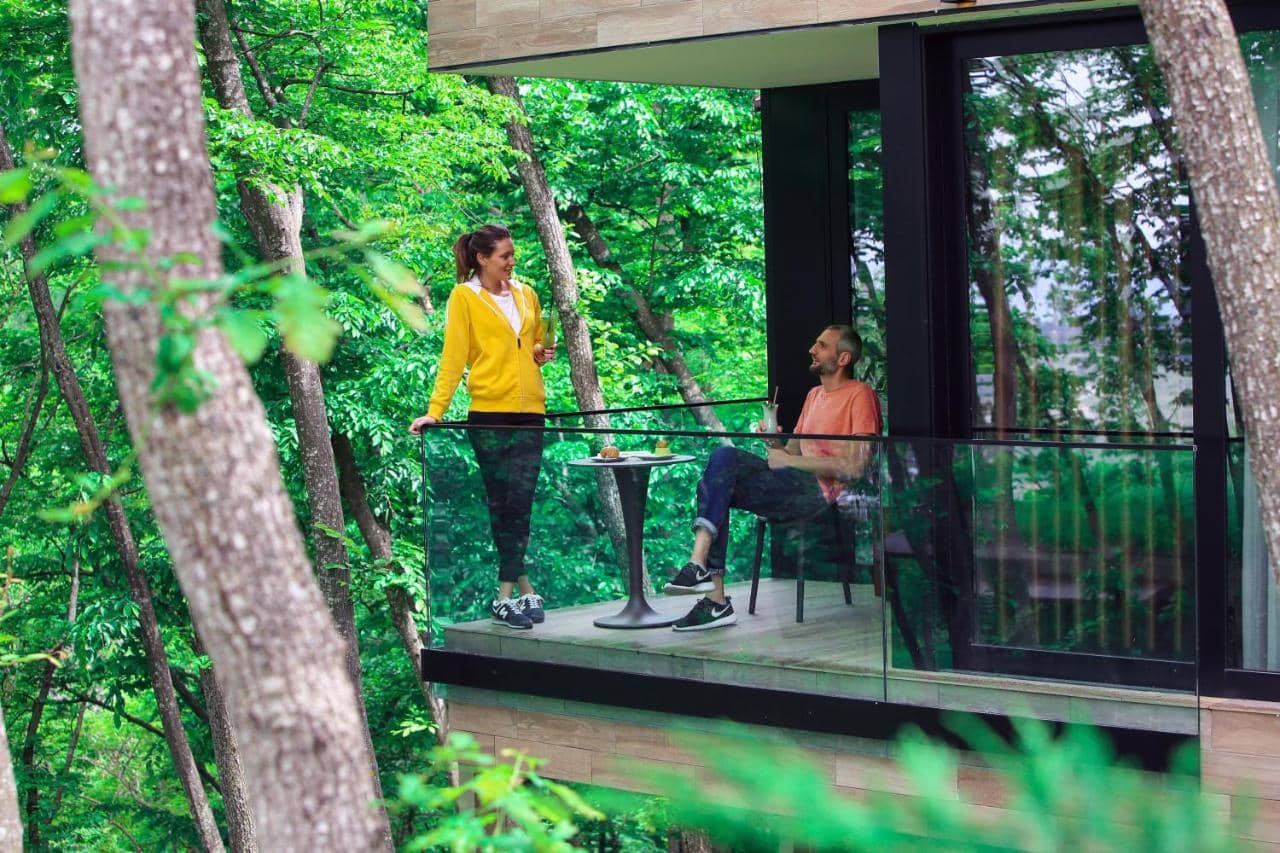
Therapy with the help of nature, also called ecotherapy, is based on the concept of visiting nature as an aid in achieving psychological well-being. Some people also call this type of therapy green or blue therapy, since its greatest strength lies precisely in spending time on green areas and by calming waters such as rivers, lakes and seas. With today’s stressful way of life, when we coordinate different roles and obligations, it is even more important to be able to stop and find contact with ourselves again. Although ecotherapy is a field that has only recently developed more intensively, the experts agree that spending time in nature has a positive effect on mental health. It is therefore not surprising that many of them increasingly include aspects of ecotherapy in their practice.
During the trips, ecotherapeutic programs are offered, helping people to feel the growth trends of positive emotions, during the connection with nature. Identified benefits include improved well-being, feelings of relaxation from stress and anxiety, mental health benefits and improved concentration.
Experiments have shown that contact with the wild has a positive physical effect on the human body: heart rate slows, cortisol levels drop, and feel-good chemicals like oxytocin, dopamine, serotonin, and endorphins are released almost immediately. Having such a visceral raw experience that engages all the senses equally brings the brain back to peace and balance as Nature is the healthiest form of stimulation.

Living in the Earth: Ecopsychology, health and ecotherapy
An ecopsychological perspective on health invites us to move beyond the cultural tendency to associate personal pain with individual or family pathology without attention to the larger context. When we consider the human psyche within the web of life, we can begin to view personal pain as both unique to the person and as a signal from the larger context, as “the earth speaking through us.” Exploring the inner and the outer landscapes within which we live, and the connections between them, we look for diversity, interconnectedness and flows of nourishment in the system of which the pain is a part. Ecopsychology invites psychotherapy practice to expand its focus beyond the inner landscape, to explore and foster the development of community, contact with land and place, and ecological identity. (APA PsycInfo Database Record (c) 2016 APA, all rights reserved)
The psyche or soul is normally thought to be inside humans, with the world outside us being essentially soulless. But when as ecopsychologists we turn the psyche inside out, we are saying that we are actually in the psyche or soul. So we’re radically challenging the entire modern way of viewing reality.
Share your travel experiences with others.